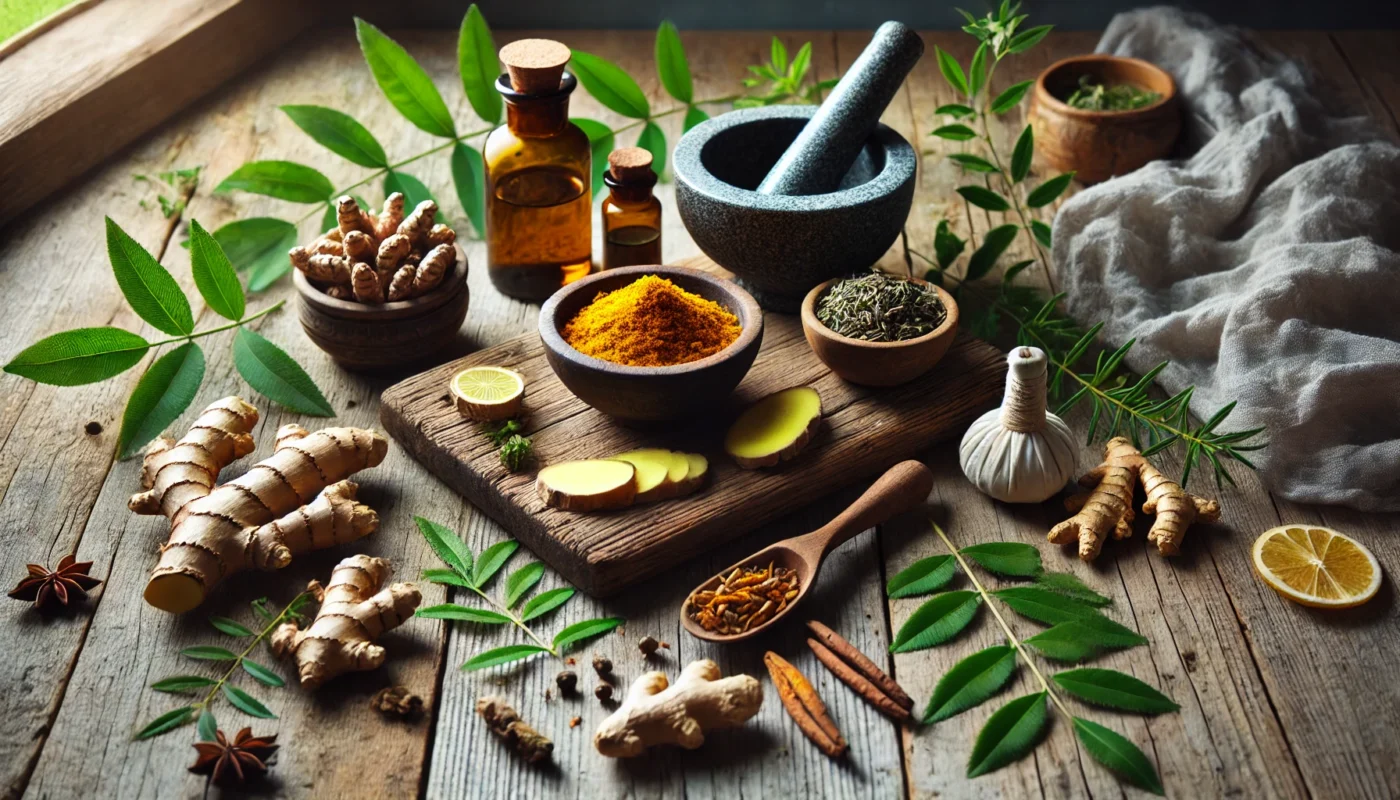The term “anti-inflammatory” refers to the property of a substance or treatment that reduces inflammation or swelling. In scientific terms, it involves the inhibition of the body’s inflammatory processes. Understanding the definition of anti-inflammatory can be pivotal in managing health conditions that are exacerbated by inflammation, such as arthritis, heart disease, and even some cancers.
Tag Archives: Ginger
Before exploring holistic approaches, it’s essential to understand what arthritis entails. Two common types are osteoarthritis (OA) and rheumatoid arthritis (RA). OA is a degenerative joint disease, while RA is an autoimmune disorder where the body’s immune system attacks its joints.
Inflammation is the body’s natural response to injury or infection, designed to eliminate harmful stimuli and initiate the healing process. It’s a complex biological response involving various cells, proteins, and signaling pathways. Essentially, when your body senses an injury or pathogen, it releases chemicals that initiate an inflammatory reaction.
Inflammation is a natural response by the body’s immune system to injury or infection. While acute inflammation is beneficial and a necessary part of the healing process, chronic inflammation can wreak havoc on your health. It is linked to several chronic diseases and conditions, making it imperative to address through dietary and lifestyle changes.
Inflammation is the body’s natural response to injury or infection, aimed at protecting and healing. It is characterized by redness, swelling, heat, and pain, serving as a protective mechanism to remove harmful stimuli and initiate the healing process. This response is essential for survival, as it helps to eliminate infections and repair damaged tissues.
The quest for pain relief is as old as humanity itself. From ancient times, herbal remedies have been employed to alleviate discomfort. Today, with growing awareness of the potential side effects of synthetic drugs, there’s a resurgence of interest in natural pain management strategies. But what makes these natural alternatives so appealing?
Inflammation is your body’s response to injury or infection, a defense mechanism that helps the body heal and protect itself. However, when inflammation persists, it can contribute to chronic diseases like arthritis, heart disease, and even cancer. This ongoing inflammatory process can be detrimental, hence the importance of implementing strategies to manage and reduce inflammation effectively.
Inflammation is a natural response of our immune system. It’s a protective mechanism that helps our bodies heal from injury and fight off harmful invaders. But when inflammation becomes chronic, it can lead to various health issues, from heart disease to arthritis.
Diet plays a crucial role in managing inflammation. Certain foods can trigger an inflammatory response, while others can help to reduce it. This article will explore the top 20 anti-inflammatory foods that can help you manage inflammation naturally.
Before embarking on the journey of natural relief, it’s essential to grasp the intricacies of fibromyalgia. This syndrome affects approximately 2-4% of the global population, predominantly women. The exact cause remains unknown, but it’s believed to involve a combination of genetic, environmental, and psychological factors. Symptoms can vary, but common complaints include chronic pain, sleep disturbances, and cognitive difficulties, often referred to as “fibro fog.”
Opiates are a class of drugs derived from the opium poppy plant, primarily used for their analgesic (pain-relieving) properties. Common opiates include morphine, codeine, and oxycodone. While highly effective for pain relief, they come with a range of potential side effects, particularly concerning the digestive system.










